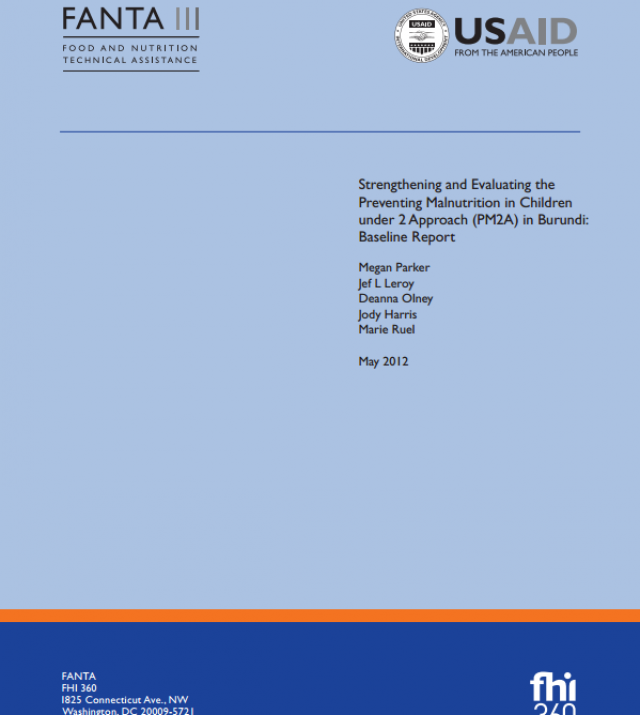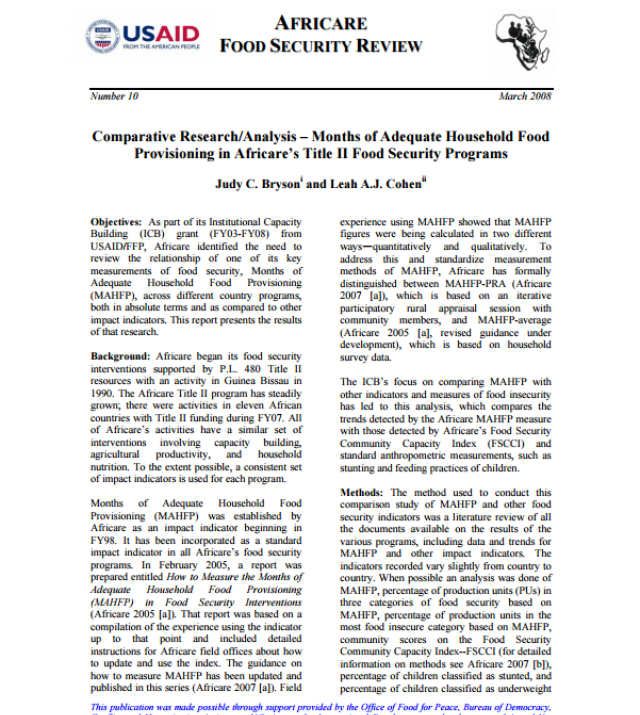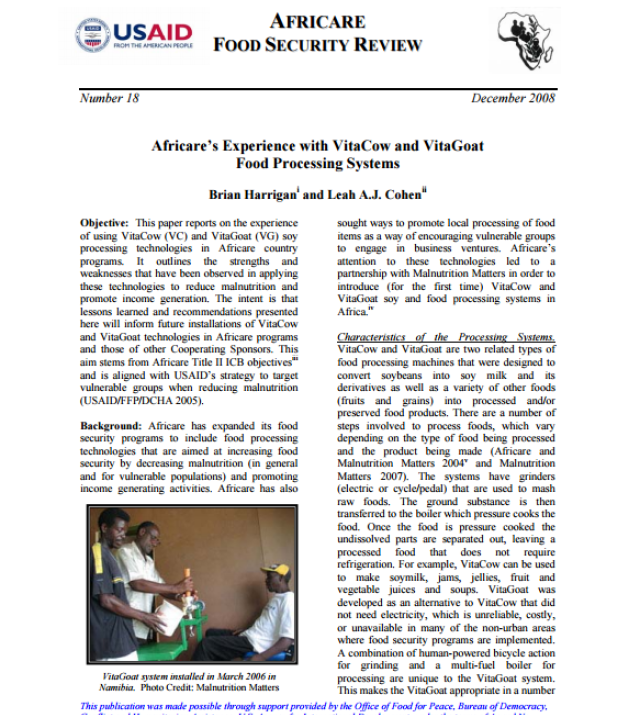
Rapid Urbanization and the Nutrition Transition in Southern Africa

Rapid urbanization and changing diets in the developing world are now producing a second ‘silent emergency’ – overnutrition or obesity. While obesity was once associated with rising incomes and industrialised societies, this is no longer the case. The trend is starkly evident in a number of developing countries where incomes are generally much lower than the USA and Europe and yet obesity is growing rapidly. In Africa, the nutrition transition and the associated ‘double burden’ of disease is occurring in the context of massive rural-urban migration and rapid urbanization.
This paper reviews the state of knowledge about food insecurity and the double burden of nutrition in the urban areas of Southern Africa and lays out an agenda for future research to fill significant knowledge gaps. It also discusses the implications for policy making on health, food security and urban planning in the region.
Primary findings of the paper state urban food security is currently largely ignored by the international and national policy community in favour of an almost exclusive focus on the food insecurity of rural populations. The only significant exception is in the area of nutrition. The nutritional status of the urban poor continues to attract considerable attention, particularly in the biomedical and public health fields. While this is a reasonable starting point for a conversation, food security is not only about nutrition, food fortification and feeding programmes.

